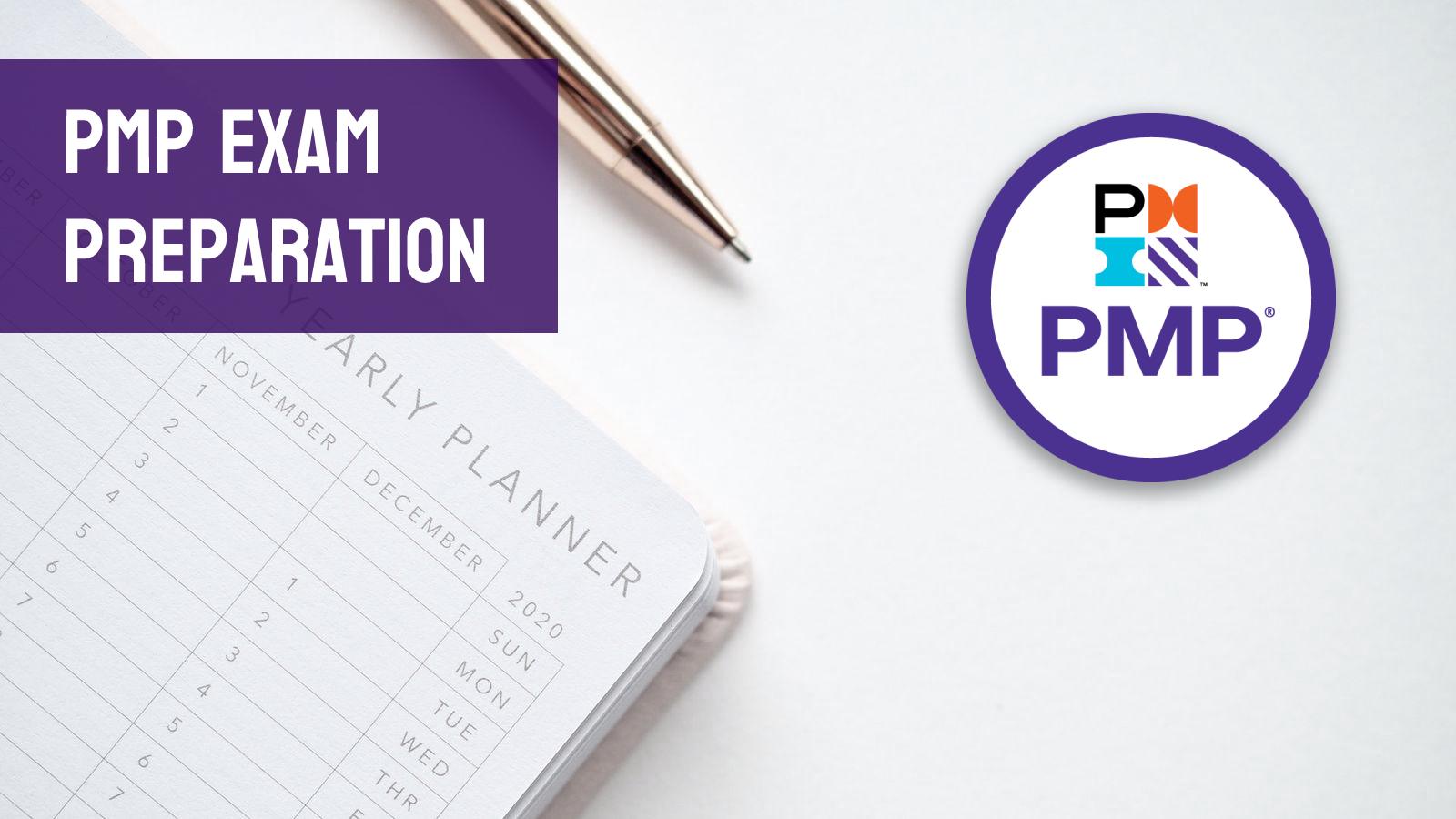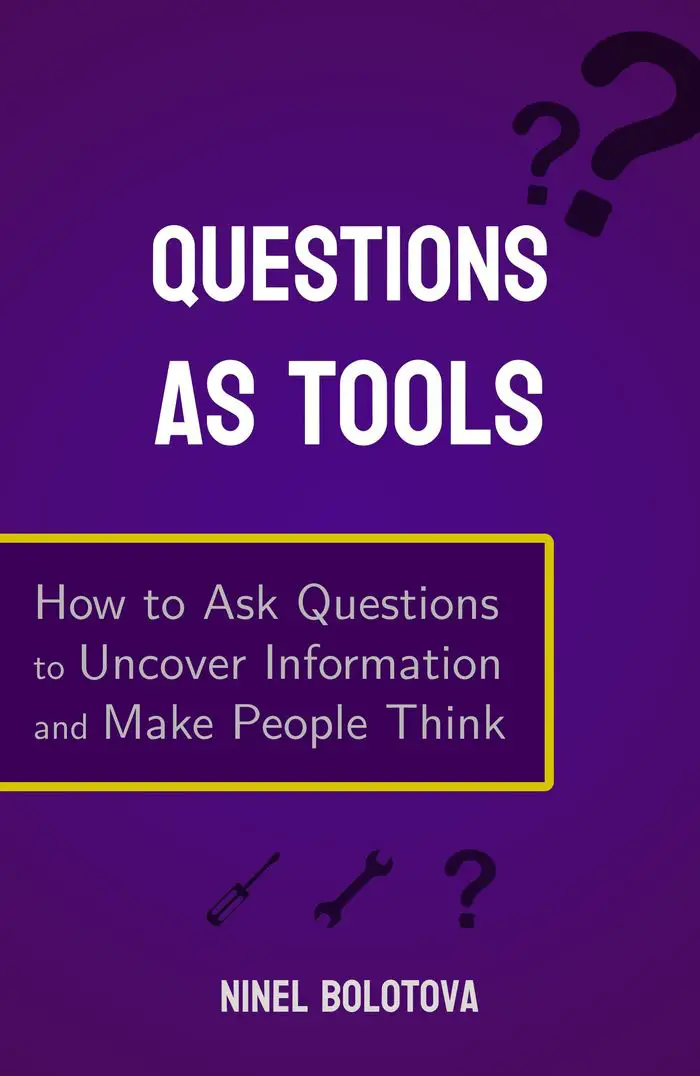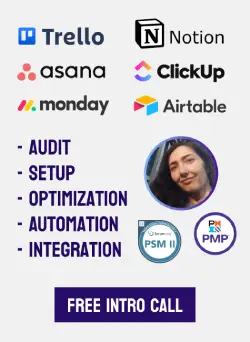PMP Certification Exam Preparation Guide: Resources & Tips
So, here we are at last.
You’re sure that project management is the right path for you.
You’ve acquired enough professional experience to apply for the most famous project management certification in the world. All you need to do is to get ready and book your exam.
In this article, you’ll find practical advice and study materials to prepare for the PMP exam and pass it on the first try. Let’s do this.

photo by @jessbaileydesign on Pexels
Project Management Professional certification prerequisites
To be eligible for the PMP certification, you need to meet the following education and experience requirements:
- 35 hours of project management training (contact hours).
- If you have a four-year degree or global equivalent: 36 months of non-overlapping experience leading projects.
- With a high school diploma or associate’s degree, you would need 60 months of project management experience in leading roles.
Some of the applicants are randomly selected for audit by PMI. If you’re selected, you need to submit proof of your academic and professional experience.
PMP audit by PMI: what you need to know
Preparation is the key. Before submitting your application:
- Have electronic copies of your diploma and other educational documents.
- Contact the people you worked with on your projects and get permission to put their names and emails as references on your application.
Don’t let the audit notification catch you off-guard. Have your diploma ready at hand, and have the blessing of your current and former employers or other people who could vouch for you.
If you have questions about the audit and what happens if you fail it, read a dedicated article: How to pass the PMP audit.
How to get 35 contact hours for PMP
Your 35 hours dedicated to project management training could come from a university course, a boot camp, or any other way of training that provides a certificate of completion.
There are many training providers accredited by PMI who offer courses for PMP preparation.
The go-to option for most people is the PMP exam prep course by Andrew Ramdayal. The course is affordable and covers the entirety of the Exam Content Outline in an accessible way.
If you have an active CAPM certification, it satisfies the requirement, so you don’t have to submit additional 35 contact hours.
Note: don’t confuse contact hours with PDUs. Contact hours are submitted as proof of training when you apply for your PMP certification, and Professional Development Units are required to maintain your active PMP status. See more in the “certification maintenance” section below.

photo by @mart-production on Pexels
How much does the PMP certification cost?
To make the certification more accessible in regions with varying economic situation, PMI made the exam and membership pricing flexible.
Visit the PMP exam page to see what the cost is for your country (it changes automatically based on your IP).
The exam price for non-members equals the exam price for members plus a year of membership, so people usually get the membership. PMI membership also gives access to member-only webinars and other resources.
Besides the exam fee, you need to count in the exam preparation and certification renewal costs. They could run from a few dozen to a few hundred dollars.
Related: Is PMP worth it: costs vs benefits breakdown.
How hard is the PMP exam? Is the new version more difficult?
Years ago, the PMP exam was extremely challenging, mostly due to the sheer number of processes and formulas you had to memorize. Now, you still need to learn a lot, but the test is more about the understanding and practical application of the concepts.
Aim to get around 80% right on the simulators to confidently apply for the exam.
What are the PMP certification exam topics?
PMI constantly follows emerging project management trends and best practices.
The exam used to test the knowledge of five traditional project management domains: Initiating, Planning, Executing, Monitoring and Controlling, and Closing. Since 2021, the PMP exam focuses on three domains: People, Process, and Business Environment.
Download the exam content outline to see how the domains break into topics and tasks. Note: this outline will only be relevant till July 2026, when the new version of the PMP exam rolls out.
July 2026 PMP Exam version – what changes
Here are the main changes announced for the new version. Download the revised PMP exam content outline to learn more.
- The three domains will have an almost equal number of questions each (now, Business Environment domain only takes 8% of questions – the percentage will bump to 26%.)
- Addressing the new trends, like the use of AI, and sustainability.
- Higher empathis on real-life project dynamics, more interactive and scenario-based questions.
Related: Free Generative AI courses by PMI.

photo by @andy-barbour on Pexels
PMP exam time limit and question types
The updated exam version still has 180 questions. 10 of them are trial, unscored questions that might be added to the main exam pool in the future.
The participants have 240 minutes, 4 hours, to answer the questions. That’s around 1 minute 20 seconds per question on average, but most questions actually take less than half a minute to answer. That’s why it’s important to practice and have a good understanding of the Agile mindset and the exam concepts – there’s not much time to ponder during the test, you’ll need to see what the right answer is right after reading the question.
After the 60th and the 120th questions of the exam, you could take optional 10-minute breaks that don’t count toward your time.
Besides single-choice and multiple-choice, the PMP exam contains interactive questions where you’re asked to match a few items, select an area on an image, and so on.
There are no essay questions (where you need to type in the answers).
Is PMP open book or proctored?
PMP has always been closed book. It’s taken under supervision in a testing center or with an online proctor via Pearson VUE. You can’t have any items on your desk besides your ID, a clean sheet of paper and a pen.
Should I take my PMP exam online or in a testing center?
You could take the exam online via Pearson VUE if you have a quiet room with a good internet connection. You have much more flexibility in terms of where and when to pass your exam.
But in an authorized testing center, you don’t have to worry about the technical setup and possible distractions.
Related: Pros and cons of online proctored testing.

PMP Domain 1: People. Getting into the mindset
The People domain is focusing on subjects like:
- Conflict resolution
- Building and leading a team
- Removing team impediments
- Negotiation
- Collaborating with stakeholders
There’s a big overlap with the Scrum Master role.
The preparation I had for the PSM II exam helped tremendously with internalizing the approach needed to answer the people-related questions. I recommend reading that article for tips and free materials from Scrum Learning Paths.
Once you get into an Agile mindset, you’ll never be confused by the situational questions that seem to have more than one right answer.
Related: Is the Scrum Master role a good fit for me?

photo by @ivan-samkov on Pexels
PMP Domain 2: Process. Preparation materials
This domain is about the tasks and processes associated with traditional project management. Some of them are:
- Determining the project requirements
- Budget and resource planning
- Risk management
- Managing schedule and quality
- Dealing with project scope and budget issues
Traditional project management processes and knowledge areas are covered in detail in the PMP exam prep course by Andrew Ramdayal. The course also covers the Agile topics from the Exam Content Outline.
Process Chart games by Rita Mulcahy
Process Chart Game by Rita Mulcahy helps with learning which activities belong to each of the five Waterfall process groups: Initiating, Planning, Executing, Monitoring and Controlling, and Closing.
The game doesn’t break the processes down into 10 knowledge areas (Scope, Schedule, Resource Management, and others). But if you know which process group the activity is in, it’s usually easy to figure out which knowledge area it belongs to.
The confusion mostly arises when you try to choose if the activity belongs to the Monitoring & Controlling or the Executing process group, or Initiating vs. Planning.
You could also try Rita’s Agile Process Chart Game to see how the processes of an Agile project relate to traditional process groups. The PMP exam doesn’t ask about this – it would just be a fun exercise to understand the process groups better.
PMP Domain 3: Business environment. Topics
The third domain on the PMP exam covers the topics on long-term and organizational levels:
- Estimating project benefits
- Managing project compliance
- Reviewing external business environment for its effects on project scope
- Supporting organizational culture
- Risk planning and management
- Evaluating impact on external business environment

photo by @shvetsa on Pexels
PMP exam simulators
Exam simulators are a great way of training your brain to process the questions, learn patterns, and bring your knowledge to an intuitive level.
PMP is a popular exam, so there’s no shortage of exam simulators from various providers. I’ll focus on just two options: the official one and a free one.
Remember: No matter how many questions the exam simulator pool has, it is limited. To make the most out of the questions available, check out the Simulators section in the certification exam preparation guide.
If you’re confused or wrong about a few questions in a row, it means you should study the related material for a few days and then come back to the simulator.
PMI Study Hall practice exams
PMI Study Hall is an official PMP preparation app by PMI. Here’s a demo by PMI that shows its features:
According to some testimonials, PMI Study Hall questions are harder than the questions on the actual PMP exam. So, if you do well in Study Hall, you should pass your exam with flying colors.
The app operates on a quarterly subscription model and comes in two tiers: Essentials and Plus. PMI Study Hall Plus costs around 1.5 times more than Study Hall essentials. Like the exam and membership fees, the specific prices here depend on your region.
PMI Study Hall Essentials vs. Plus:
- The main difference is the number of 175-question practice exams. Essentials give access to 2 exams, and Plus comes with 5. That’s a 2.5 times larger question base.
- Essentials have 15 short, 15-question exams. Plus has 20 mini-exams, or 30% more questions.
- Essentials provide 200 practice questions, Plus offers 250, or 25% more.
If we add up all questions, PMI Study Hall Essentials ends up having 775, while Plus has 1425.
So, for a 50% increase in price, you get around 85% more questions with Plus. Also, you get access to Premium Webinars.
I think it’s a worthy upgrade, especially since the questions are provided by the official exam provider.
How to maximize the value of PMI Study Hall and not feel overcharged:
- Come prepared. Before you sign up for Study Hall, read the other study materials and finish the PMP exam prep course. The course also has over 400 exam-like questions for you to practice.
- Turn off the subscription auto-renew feature in the Study Hall app. You could manually renew in three months if you feel like it, but you’ll probably pass your PMP exam by that time.
Are there free PMP exam simulators?
No scored PMP-like exam is actually free, but you could emulate the experience. There’s a long video by David McLachlan discussing the answers to 200 Agile questions:
And to 150 Waterfall questions:
How to use the video as the exam simulator
Of course, you shouldn’t passively watch seven hours of each video. Iterate on a 3-step action plan:
- Open the video, pause it, and navigate with the left and right keys on your keyboard (skipping the video 5 seconds forward per click).
- When a question appears on the screen, consider the options, note the answer, then make a few skips until David shows the correct answer.
- If the answer is just what you thought it would be, then move on. But if:
- You chose the correct option, but it was a semi-guess. You couldn’t give a confident explanation why you picked this specific one.
- You chose the wrong option.
Then unpause the video for this question, read and listen to the explanation given. What’s the logic behind discarding the other options and choosing this particular one? You need to internalize this logic.

photo by @tima-miroshnichenko on Pexels
Renewing PMP: costs and requirements
Once you obtain your PMP certification, you need to renew it every three years. By the end of the third year since your exam date, you need to do the following:
- Pay the renewal fee. PMP renewal fees are subject to regional rules. PMI members have their renewal fees reduced.
- Submit 60 Professional Development Units on your PMI dashboard.
You don’t have to wait for three years to renew your PMP. Whenever you submit all PDUs, the renewal option becomes active.
Related: Is my professional certification worth renewing?
Most people get one year of PMI membership when they apply for the exam. If you do some intense studying and submit your PDUs while your membership is still active, you could renew within your first year and pay a reduced fee.
Of course, this doesn’t mean you should stop learning until the next time PDUs are required.
You would still continue reading books, practicing your profession, participating in relevant events, and doing other things that contribute to your personal and professional growth.
Continuing education programs are there to give an extra incentive to stay current.
But it’s something we should be doing anyway. Nothing is static. Whatever doesn’t learn and grow would degrade. We tend to slip into habits, so make learning your habit.
How to get PDU for PMP renewal
You could earn PDUs by reading articles and books, volunteering, participating in events, performing professional activities, and various other ways.
Currently, there’s no cap on the “Learning” section, so, theoretically, you could earn all your 60 PDUs by reading and watching free materials on the PMI’s website.
Related: How to earn SEU for CSM renewal.
Which certification should I get after PMP?
Here are some more certifications you could look into:
-
Program Management certifications by PMI.
That might be a logical next step if you work in a large organization. -
Professional Scrum Master certifications
Getting a PSM III certification would be an interesting challenge. -
PRINCE2 Practitioner certification
You might consider it if you work in a Waterfall environment. Here’s how to prepare for the PRINCE2 Practitioner exam. -
Certifications in Business Analysis
It could be PMI’s own PMI-PBA cert or certifications provided by International Institute for Business Analysis.

 Ninel Bolotova, PMP, is a workflow expert setting up and automating processes in ClickUp, Trello, Notion, Monday and other PM tools. She enjoys challenges related to process setup, automation and optimization.
Ninel Bolotova, PMP, is a workflow expert setting up and automating processes in ClickUp, Trello, Notion, Monday and other PM tools. She enjoys challenges related to process setup, automation and optimization.